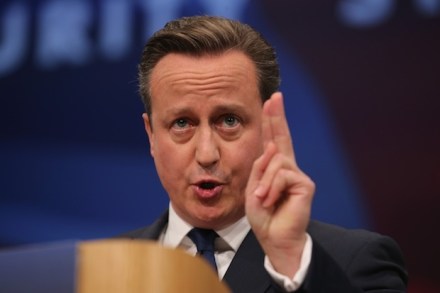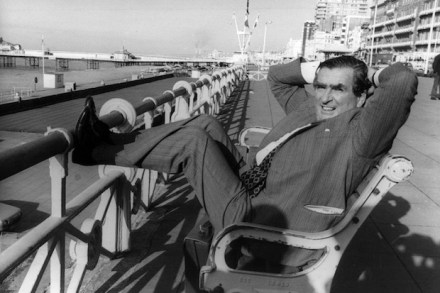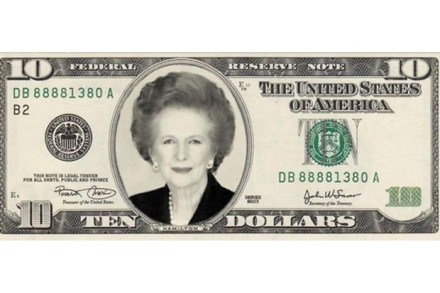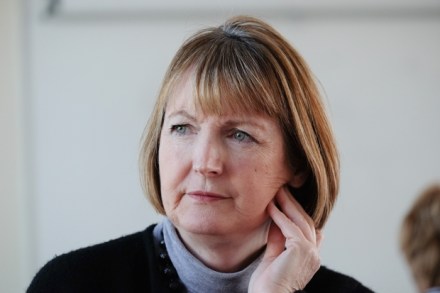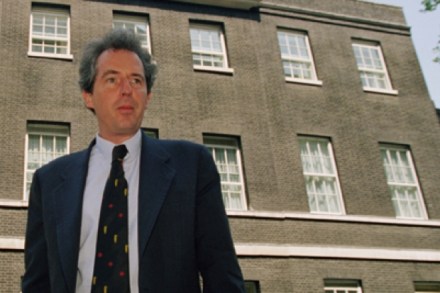The Tory party is now at ease with Margaret Thatcher
Last night, George Osborne interviewed Charles Moore to mark the publication of the second volume of Charles’s magisterial biography of Margaret Thatcher. You can watch the whole thing on the Policy Exchange website but one of the most striking things about the event, apart from Charles’s subtle needling of the Chancellor, was the questions that Osborne felt able to ask. He raised the issue of Thatcher’s legacy for the Tories in the north and Scotland, the poll tax and the question of when she should have gone. Even a few years ago asking these questions would have prompted a row, or at least some disquiet in the audience which had


